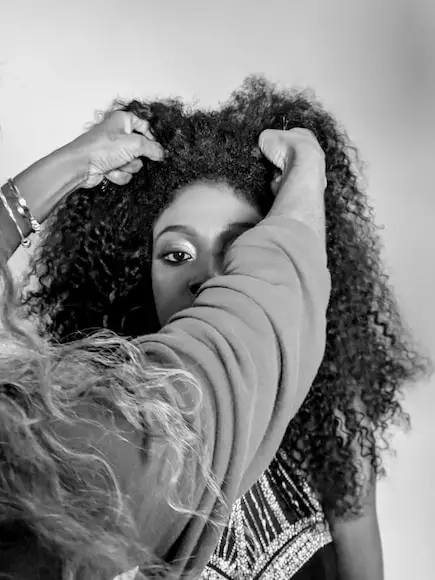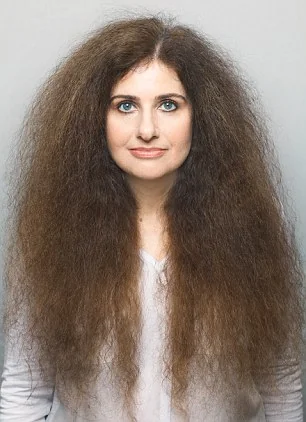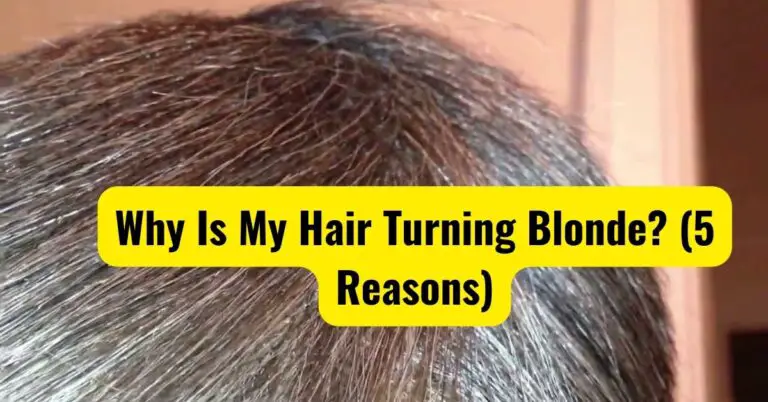Why is My Hair so Tangled After Washing? (Reasons & Solution)

Have you ever asked yourself, “Why is my hair so tangled after washing?”
Imagin this: you’ve just spent precious minutes perfecting your hairstyle, and after washing , it’s a tangled mess.
Hair tangling is a common, aggravating problem that affects all hair types, whether you have thick, curly locks or fine, straight strands.
The causes of this problem are as diverse as the textures of the hair themselves, ranging from dryness and friction to poor pre-care routines.
But don’t worry, because this article will reveal the mysteries of hair tangling and provide practical solutions to help you achieve tangle-free, lustrous locks. So grab your hairpins and join us on this journey to learn the secrets of preventing tangles and enjoying the glorious freedom of well-managed hair.
Why Does Hair Get Tangled After Washing?
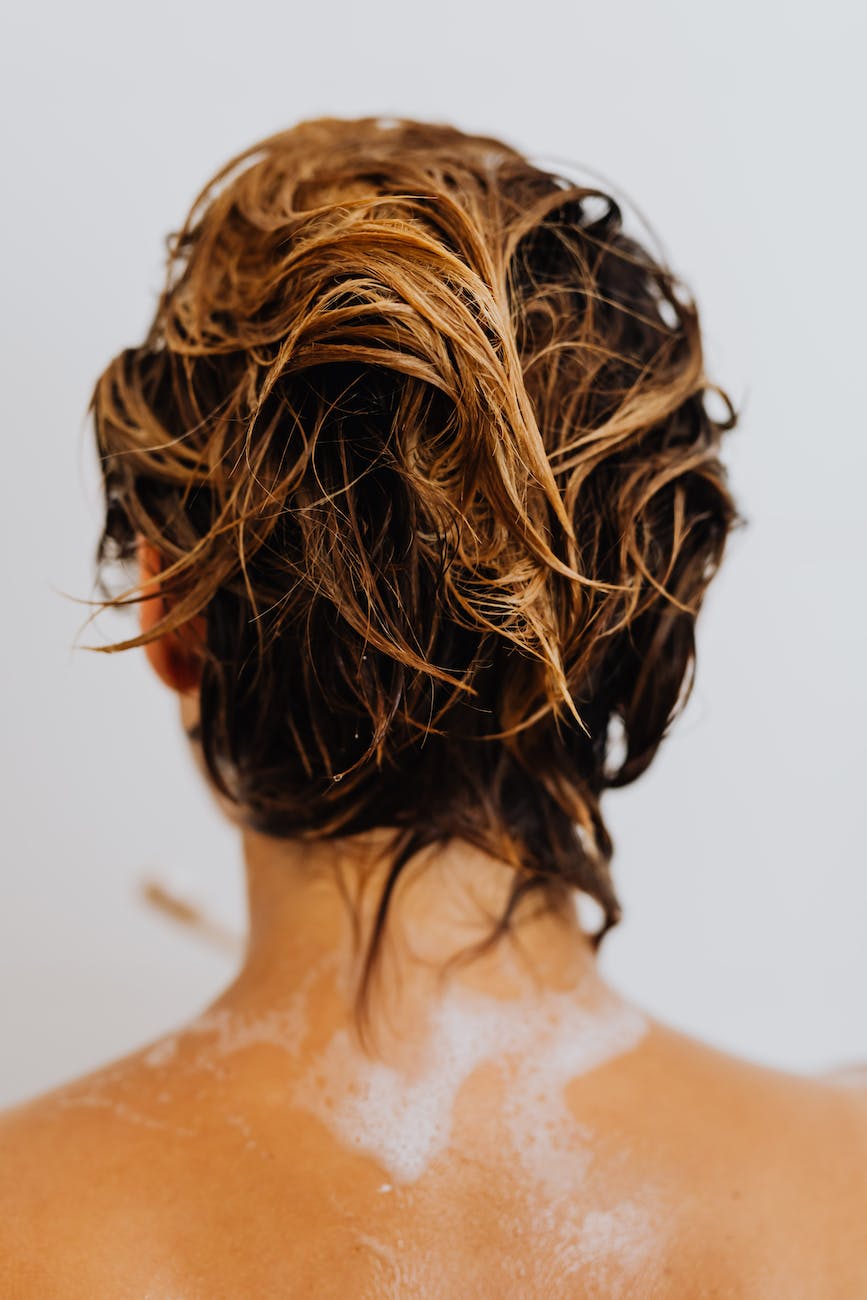
Firstly, let’s shed light on the ‘why’ part of the problem. Essentially, hair becomes tangled after washing due to a variety of reasons. One primary cause can be the state of your hair’s health.
If your hair is damaged or dry, it tends to get tangled easily. In contrast, healthy hair, with its smooth and sealed cuticles, is less likely to knot.
Additionally, how you wash your hair also plays a role. For instance, washing your hair in a hurry, or using harsh products, can lead to tangled tresses.
Furthermore, not rinsing out all the shampoo and conditioner residue can cause hair strands to stick together, making them prone to tangling.
Read Also: Reason for Matted Hair and its Solution
Tips to Prevent Hair Tangling
Now, on the other hand, there are several preventative measures you can take to minimize or completely eradicate this issue.
For starters, always be gentle when you wash your hair. Avoid rubbing your hair aggressively as it can cause knots and breakage.
Moreover, using the right hair products is equally important. Look for shampoos and conditioners that are specifically designed to detangle hair. These products often contain ingredients that smooth the hair cuticles, reducing the chances of tangling.
Finally, don’t forget to rinse your hair thoroughly. Ensure all the product has been washed out before stepping out of the shower. Leaving residues can attract dirt and cause your hair to clump together, eventually leading to tangles.
Here are the solutions to prevent hair tangling after shower:
Condition and Hydrate: Regularly use conditioner after shampooing and apply hair masks, such as coconut oil and honey, to maintain hair moisture and prevent dryness.
Limit Heat Styling: Reduce the use of heat styling tools like blow dryers, curlers, and straighteners, and always use heat protectant products when styling with heat.
Braid Before Bed: Braid your hair loosely or put it in a loose bun before bedtime to minimize friction and reduce morning tangles.
Rinse with Cold Water: After showering, rinse your hair with cold water to help seal the hair shafts and reduce friction between strands.
Detangle Before Shower: Ensure your hair is completely detangled before entering the shower to avoid additional damage during wet detangling.
Brush Throughout the Day: Brush your hair multiple times during the day to prevent tangles from forming and worsening.
By following these solutions, you can reduce the likelihood of hair tangling and maintain healthier, more manageable hair.
Conclusion
In conclusion, while the battle against hair tangling may not have a magical solution, it can be won with consistent care and mindful practices.
Embracing our hair types, keeping our locks hydrated, and minimising harsh treatments such as excessive heat styling are essential steps.
Additionally, adopting simple habits like braiding before bedtime, regular brushing, and rinsing with cold water can significantly reduce tangling.
Remember, healthy, tangle-free hair is an attainable goal when we nourish it with care and attention.
So, let’s bid farewell to the frustration of tangled tresses and welcome the joy of effortlessly beautiful hair by implementing these practical tips into our daily routines.

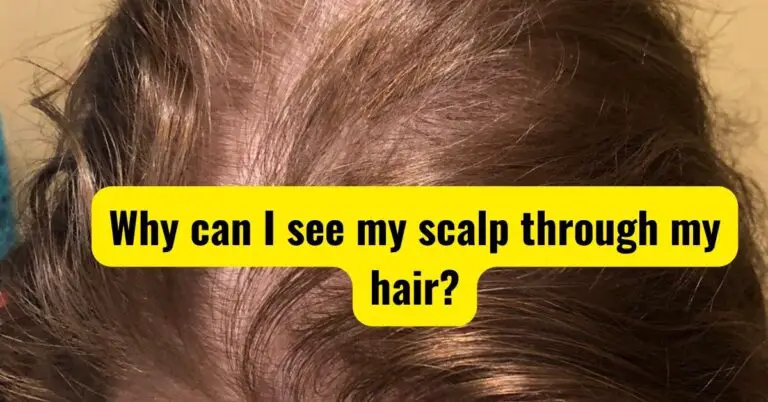
![Why Does My Hair Flip Up at the Ends? [Real Reason]](https://haircareaddiction.com/wp-content/uploads/2023/09/why-does-my-hair-flip-up-at-the-ends.jpg)
